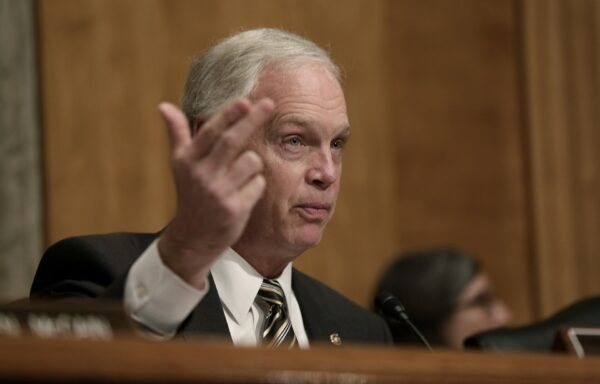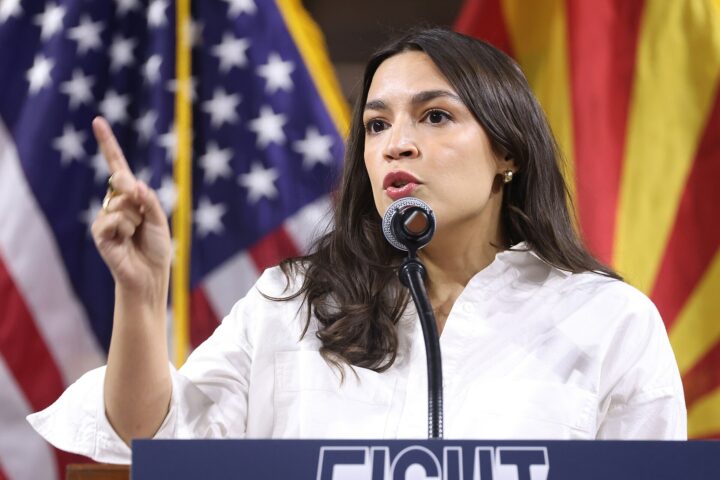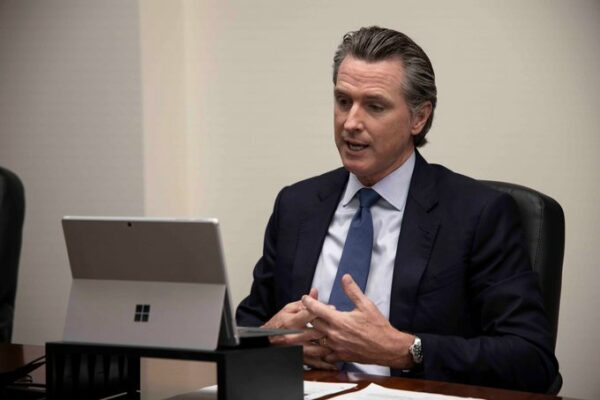In a new interview on Fox Business, Senator Ron Johnson of Wisconsin delivered a blistering critique of President Donald Trump’s proposed budget, dismissing it as “false advertising.”
Johnson’s remarks came during a discussion with host Stuart Varney, following his publication of an op-ed in the Wall Street Journal, where he expressed concerns about the Republican Party’s handling of federal spending.
Johnson argued that the current budget plan could increase the national debt from $37 trillion to a staggering $60 trillion over the next decade. “It’s completely unsustainable,” he declared, emphasizing the need for a more responsible approach to fiscal policy.
He proposed a “multi-step process” that would include securing funding for border security while maintaining existing tax laws, suggesting that Congress should conduct a detailed review of the spending bill to identify significant cuts.
The senator voiced his strong opposition to the bill in its present form, stating, “It’s not beautiful. I’m sorry. It is not a big, beautiful bill. That’s called rhetoric.”
His comments highlight a growing divide within the Republican Party regarding fiscal responsibility and the potential consequences of tax cuts without addressing spending.
Johnson criticized his fellow Republicans for supporting a bill that extends provisions from the 2017 Tax Cuts and Jobs Act.
He contended that tax cuts are simply not feasible until the government gains control over its spending. “We can’t afford to cut taxes when we’re running over $2 trillion a year in deficits for the next ten years,” he stressed, pointing to the need for serious discussions about the nation’s fiscal health.
The senator’s position reflects broader concerns among some lawmakers about the implications of the proposed budget.
He underscored the necessity of addressing spending issues directly rather than deferring them through tax relief measures. As negotiations continue, Johnson’s stance may resonate with constituents who prioritize fiscal responsibility.
His critique serves as a reminder of the complexities facing Congress as it grapples with budgetary challenges.
The debate over Trump’s budget proposal illustrates the tensions within the Republican Party, where differing views on fiscal policy could shape the party’s future direction.
As discussions around the budget unfold, Johnson’s insistence on a serious approach to spending may influence how lawmakers navigate the contentious negotiations ahead.
With a national debt that continues to rise, the implications of this debate are significant, not just for the party but for the economic stability of the nation.
[READ MORE: Dems Back Off Impeachment]








